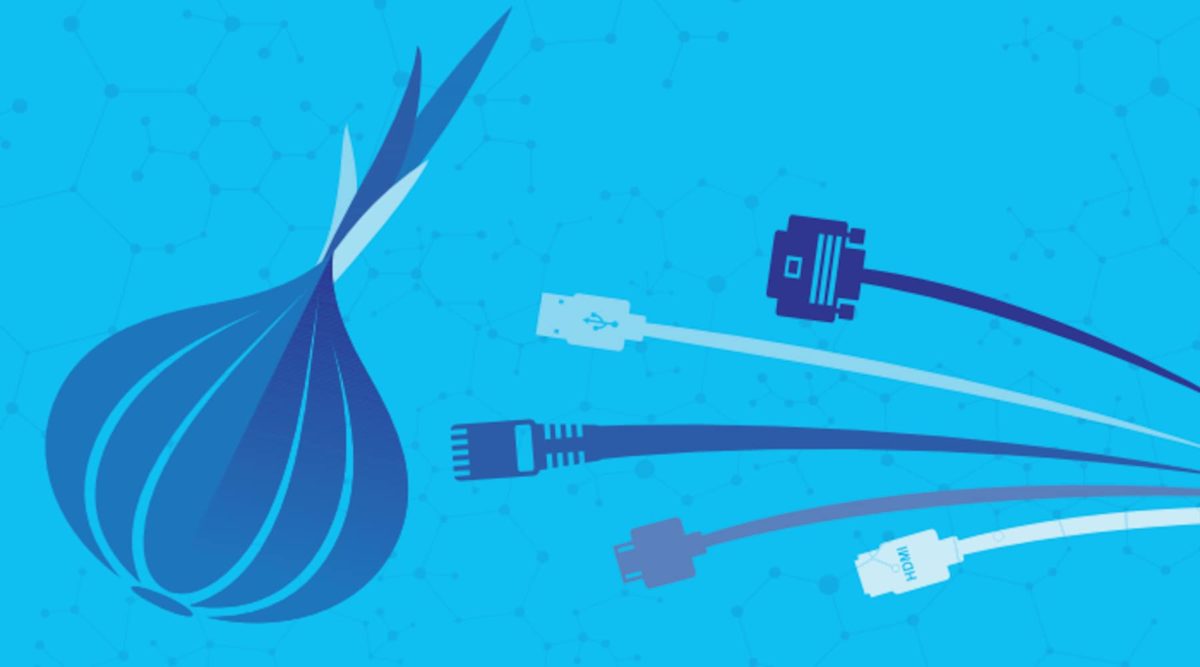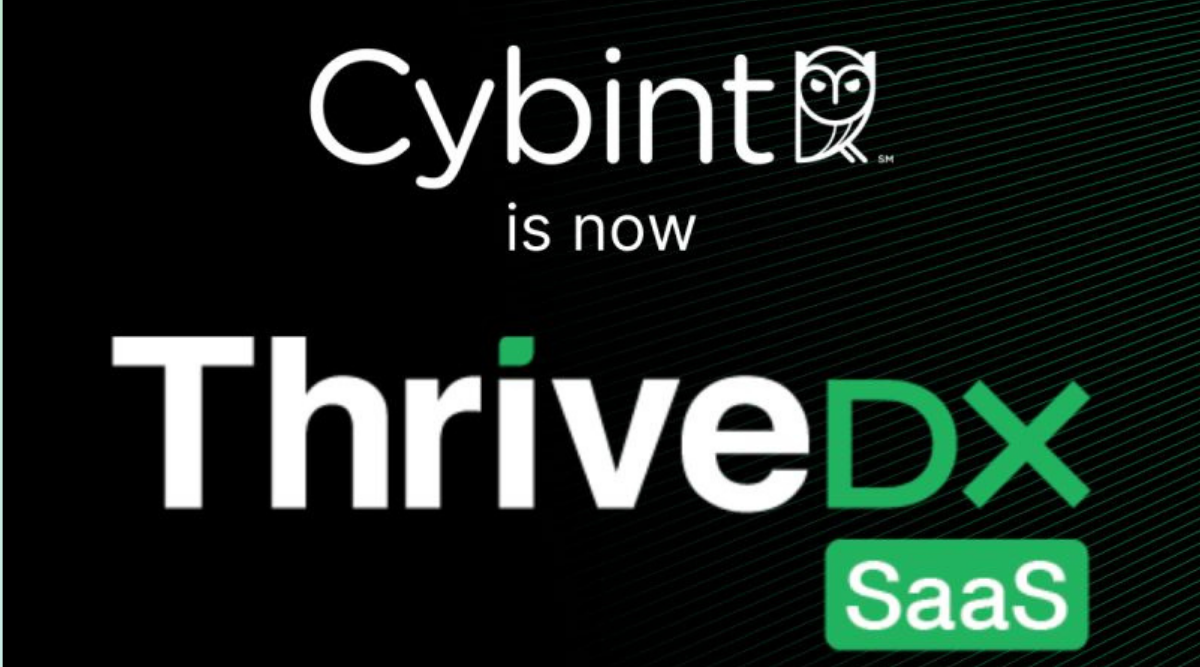Before we dive into the Deep Web and Dark Web, it’s important to understand the Surface Web and how internet search engines operate. Search engines utilize spiders that crawl and read content of websites to determine what information to show for specific search requests. A spider is essentially a special software robot that searches a website page returning to the search engine with information that is contained in it. However, if a site or page is not indexed (not allowed to be crawled), these spiders will not have access to them and therefore those sites/pages won’t show up in surface web search results.
Why Access the Deep Web and/or Dark Web?
Both the Deep Web and Dark Web are potential sources of a wealth of information when used mindfully and with knowledge of each. However, each serve different purposes.
The Deep Web contains information varying from academic journals to databases to blog articles that aren’t published yet. The Deep Web can be accessed if you know the URL and have the authority to access it or know where and how to search. Some reasons search engines might not be able to access these sites include:
- Password access
- Robots blocked – a specific file can be placed into the main directory of a website to block spiders from crawling the site
- Hidden pages – no hyperlinks to take you to the page
- Form controlled entry – the site requires human based action to turn up results i.e. dropdown menus
The Dark Web is another story. This can only be accessed through Tor (The Onion Router) or I2P (Invisible Internet Protocol), which utilize masked IP addresses in order to keep users and site owners anonymous. Tor is downloadable software and works by building encrypted connections on servers around the world, creating multiple layers of encryption creating an “onion effect,” hence its name. Only at the very end does the traffic come through unencrypted.
While many associate the Dark Web with the more nefarious deeds, such as human trafficking and drug sales, it can also be used for some very legitimate purposes. Dissidents who fear prosecution from their government or a particular group can use the Dark Web to anonymously search and post without fear of repercussion. Journalists also find it a safe haven when their sources want to remain private.
The Dark Web – Legality and Anonymity
Many wonder if merely entering the Dark Web could be considered a criminal offense. The answer is a resounding no, it is legal to surf the Dark Web. However, it’s important to use caution when visiting sites or clicking links. The Dark Web is rife with sites offering hit men, firearms and forged papers. While searching online is not illegal in and of itself, the actions you take while on the sites could be perceived as illegal based on the content you are viewing. If you are looking up child adoption, a link could take you to a site involving child pornography — a situation where the act of viewing is an illegal offense.
When it comes to the Dark Web, it is unwise to assume you are completely anonymous without taking additional precautions to prevent being traced. Leaked IP addresses and man in the middle attacks (where a third party intercepts and sometimes alters communications between two parties who think they’re directly communicating with each other) can also put users at risk for exposure. Use caution and be aware of the risks associated when using Tor:
- Exposing your computer to malware: people operating one of the nodes can use the device to add malware. So, users who download through Tor expose their network to malware infections.
- Information theft: Traffic can be sniffed at the exit node, or the point where information leaves the encrypted network and becomes readable again. People operating the nodes can monitor the traffic and capture sensitive information.
- Attention of Law Enforcement: Using Tor may draw the attention of the NSA, FBI or other law enforcement agencies that specifically target Tor users.
The Deep Web and Dark Web’s beneficial information should not be overlooked. However, the Dark Web, should be approached with a level of caution due to potentially serious security and legal implications.






